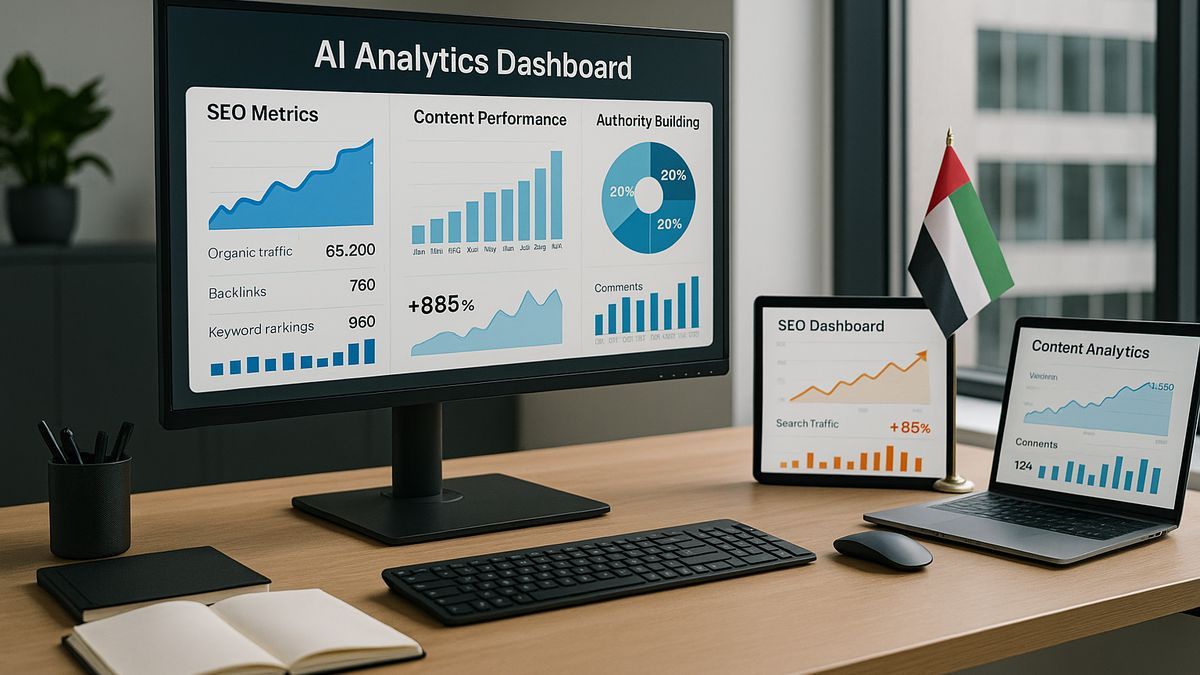The 10 Best Digital Strategies to Boost Your Business Growth. In today’s competitive marketplace, implementing effective digital strategies has become essential for sustainable business growth. Companies that embrace digital transformation are seeing remarkable results, with businesses reporting up to 30% revenue increases through strategic online initiatives. Solve your unique challenges, strategy digital media
1. Search Engine Optimisation (SEO) – The Foundation of Digital Strategies
Search engine optimisation remains one of the most powerful digital strategies for long-term business growth. By optimising your website for relevant keywords, you increase organic visibility and attract qualified leads. According to the U.S. Small Business Administration, businesses with strong SEO practices experience 14.6% conversion rates compared to 1.7% for traditional advertising methods.
Effective SEO involves keyword research, on-page optimisation, technical improvements, and quality content creation. Focus on local SEO if you serve specific geographic areas, ensuring your business appears in local search results.
2. Content Marketing Excellence
Content marketing serves as the backbone of successful digital strategies. Creating valuable, informative content establishes your brand as an industry authority while driving organic traffic. Develop a content calendar that includes blog posts, videos, infographics, and downloadable resources.
Quality content addresses customer pain points, answers frequently asked questions, and provides actionable insights. This approach builds trust and nurtures leads through the sales funnel, ultimately converting prospects into loyal customers. valueadd
3. Social Media Marketing Integration
Social media platforms offer unprecedented opportunities for business growth through targeted digital strategies. Each platform serves different demographics and purposes – LinkedIn for B2B networking, Instagram for visual storytelling, and Facebook for community building.
Develop platform-specific content strategies that align with your audience preferences. Consistent posting, engagement with followers, and strategic use of hashtags expand your reach and build brand awareness.
4. Email Marketing Automation
Email marketing remains one of the highest ROI digital strategies, generating $42 for every dollar spent. Implement automated email sequences for welcome series, abandoned cart recovery, and customer retention campaigns.
Segment your email lists based on customer behaviour, preferences, and purchase history. Personalised email campaigns achieve higher open rates and drive more conversions than generic broadcasts.
5. Pay-Per-Click (PPC) Advertising
PPC advertising provides immediate visibility and measurable results, making it an essential component of comprehensive digital strategies. Google Ads, Facebook Ads, and LinkedIn advertising offer precise targeting options to reach your ideal customers.
Start with small budgets, test different ad variations, and optimise based on performance data. Focus on high-intent keywords and compelling ad copy that drives qualified traffic to optimised landing pages. casestudies
6. Mobile Optimisation Priority
With mobile devices accounting for over 60% of web traffic, mobile optimisation is crucial for successful digital strategies. Ensure your website loads quickly, displays properly on all screen sizes, and provides intuitive navigation.
Implement responsive design, optimise images for faster loading, and simplify checkout processes for mobile users. Google’s mobile-first indexing makes mobile optimisation essential for search engine rankings.
 7. Data Analytics and Performance Tracking
7. Data Analytics and Performance Tracking
Effective digital strategies rely on data-driven decision-making. Implement comprehensive analytics tracking to monitor website performance, user behaviour, and conversion metrics. Google Analytics, along with platform-specific insights, provides valuable information for strategy optimisation.
Regular analysis helps identify successful tactics, underperforming areas, and emerging opportunities. Use this data to refine your strategies and allocate resources more effectively.
8. Customer Relationship Management (CRM) Systems
CRM systems centralise customer data and streamline communication processes, supporting your digital strategies with organised lead management. Track customer interactions across multiple touchpoints to provide personalised experiences.
Automated follow-ups, lead scoring, and sales pipeline management improve conversion rates and customer lifetime value. Integration with marketing tools creates seamless workflows between marketing and sales teams.
9. Video Marketing Dominance
Video content generates 1200% more shares than text and images combined, making it a powerful tool in modern digital strategies. Create educational videos, product demonstrations, customer testimonials, and behind-the-scenes content.
Live streaming, short-form videos, and interactive content increase engagement rates. Optimise videos for search engines with descriptive titles, tags, and transcripts to maximise visibility.
10. E-commerce Integration and Optimisation
E-commerce capabilities expand your market reach beyond geographical limitations. Even service-based businesses benefit from online booking systems, digital product sales, or subscription models.
Optimise product pages with high-quality images, detailed descriptions, and customer reviews. Implement secure payment gateways, offer multiple payment options, and ensure smooth checkout experiences to reduce cart abandonment.
Implementing Your Strategies
Success requires strategic planning, consistent execution, and continuous optimisation. Start by assessing your current digital presence, identifying gaps, and prioritising strategies based on your business goals and target audience.
Focus on 2-3 strategies initially rather than spreading resources too thin. Master these approaches before expanding to additional tactics. Regular monitoring and adjustment ensure your strategies remain effective as market conditions evolve.
The digital landscape continues evolving, but businesses that commit to comprehensive digital strategies position themselves for sustained growth and competitive advantage in an increasingly online marketplace.


 7. Data Analytics and Performance Tracking
7. Data Analytics and Performance Tracking